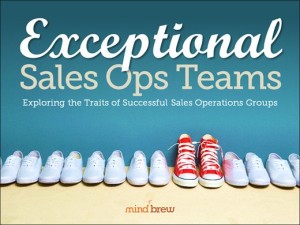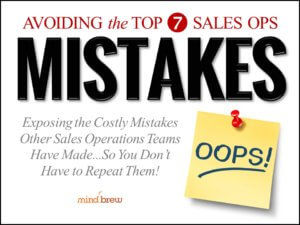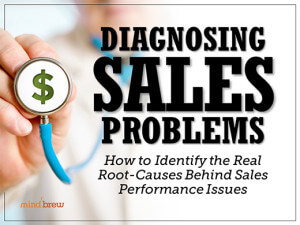Once upon a time, two elderly fisherman were rowing a boat up the river through the fog of an early morning. Another boat suddenly appeared through the haze, startling the men. One, who was sure the approaching boat was full of enemy soldiers, immediately began paddling for shore. The other, who believed just as strongly that the boat contained another group of fisherman who needed help, immediately began paddling toward the other vessel. The men raged at each other, each desperate to convince his friend that he was right and the other was wrong.
They were still yelling when the other boat crashed into them and both vessels sank.
As they were swimming to shore, the fishermen realized their stupidity. The other boat had no people in it at all.
This parable is humorous in part because it illustrates the very human need to believe that we are right. When we make a prediction that comes true, we feel vindicated. Triumphant. Superior.
It’s a very satisfying feeling.
But it’s also very risky.
You see, the feeling of being right can become addictive. So addictive, in fact, that we often persist in believing that we are right even when the data have proven us wrong. When such data arises, we often double-down on our original claims rather than admitting that we might have been mistaken.
The antidote, of course, is to value flexibility over 100% accuracy. If you are always looking for a better way to do things, you run less risk of becoming set in your ways.
But while it might be easy to agree with this in theory, we have seen all too many sales ops teams that persist in doing something they believe to be “best practices,” even when it’s clear it’s not working. Consider these examples:
- “This new CRM is perfect. Sure it’s expensive, but all we need for it to be successful is for the salespeople to regularly enter the data.”
- “The sales process we have in place isn’t the issue at all. The problems we have been running into all point back those few salespeople that are doing things incorrectly.”
- “I know the analytics and market data we have is showing us one thing, but the salespeople are telling us that the problem is somewhere else. I’m sure they’re right.”
If you suspect that your organization might have unknowingly fallen into a situation like one of these, it’s time to start looking for new ways to do things. One of the keys to success in sales ops — for both teams and for individuals — is to always be open to new information. Those who are most successful in this discipline focus on making tweaks that improve the organization. As we’ve said before, “Best practice is only ‘best’ until something better comes along.”
This means also looking for a better way to do things and regularly digging into issues to find the true root cause of problems. We have a lot of different resources here on SellingBrew that illustrate this mindset in more detail, including the following:
- Advancing Your Career in Sales Operations
- Exceptional Sales Ops Teams
- Avoiding the Top 7 Sales Ops Mistakes
- Diagnosing Sales Problems
And remember, if you want to measure how successful you have been in your sales ops career, don’t count the number of times you have been right. Instead, count the number of times that you have discovered a new way that you were wrong.















